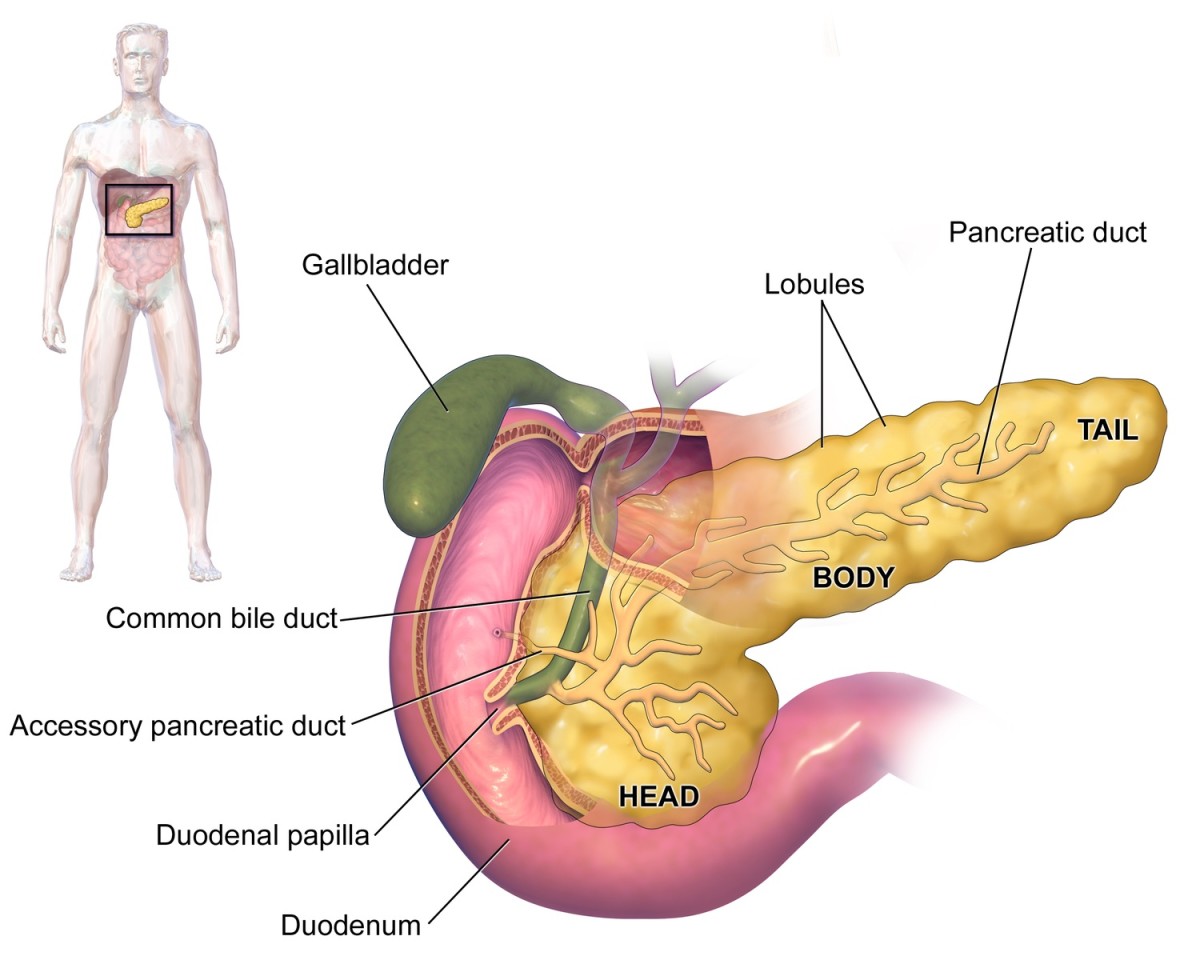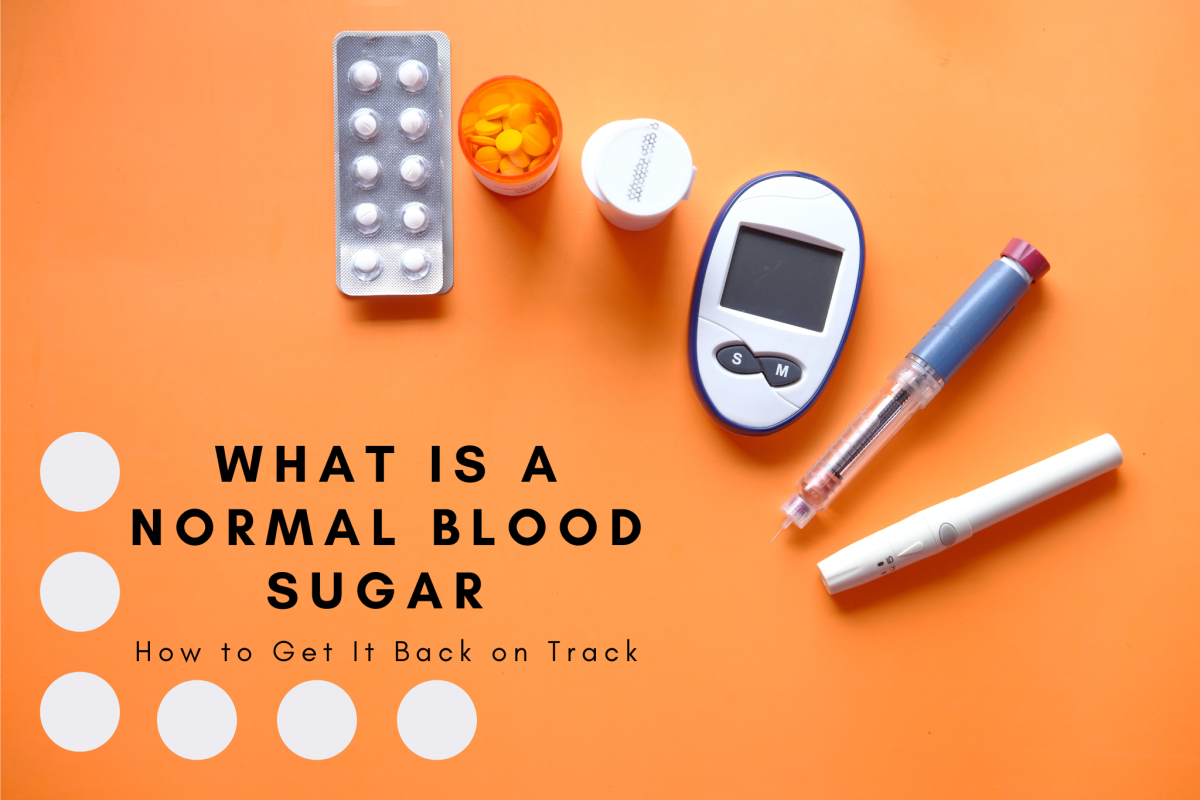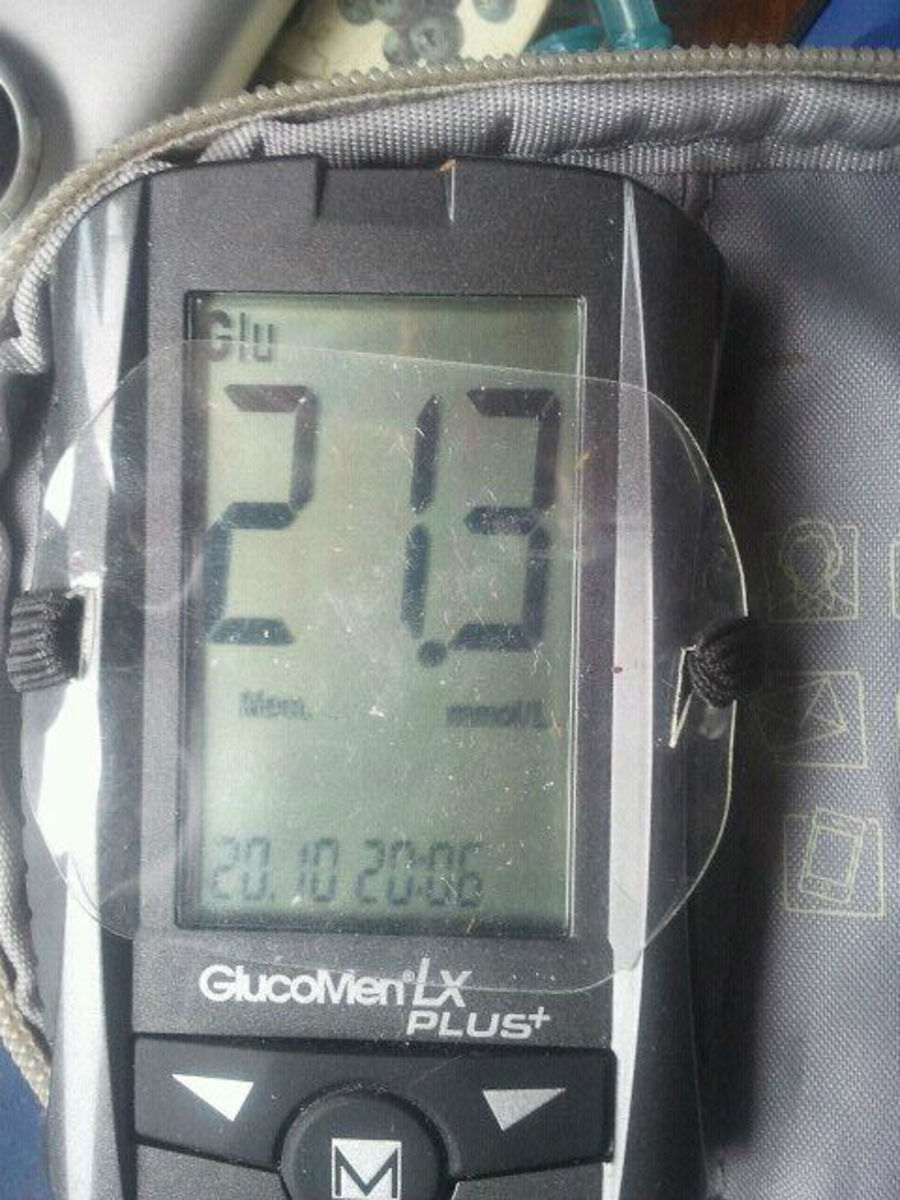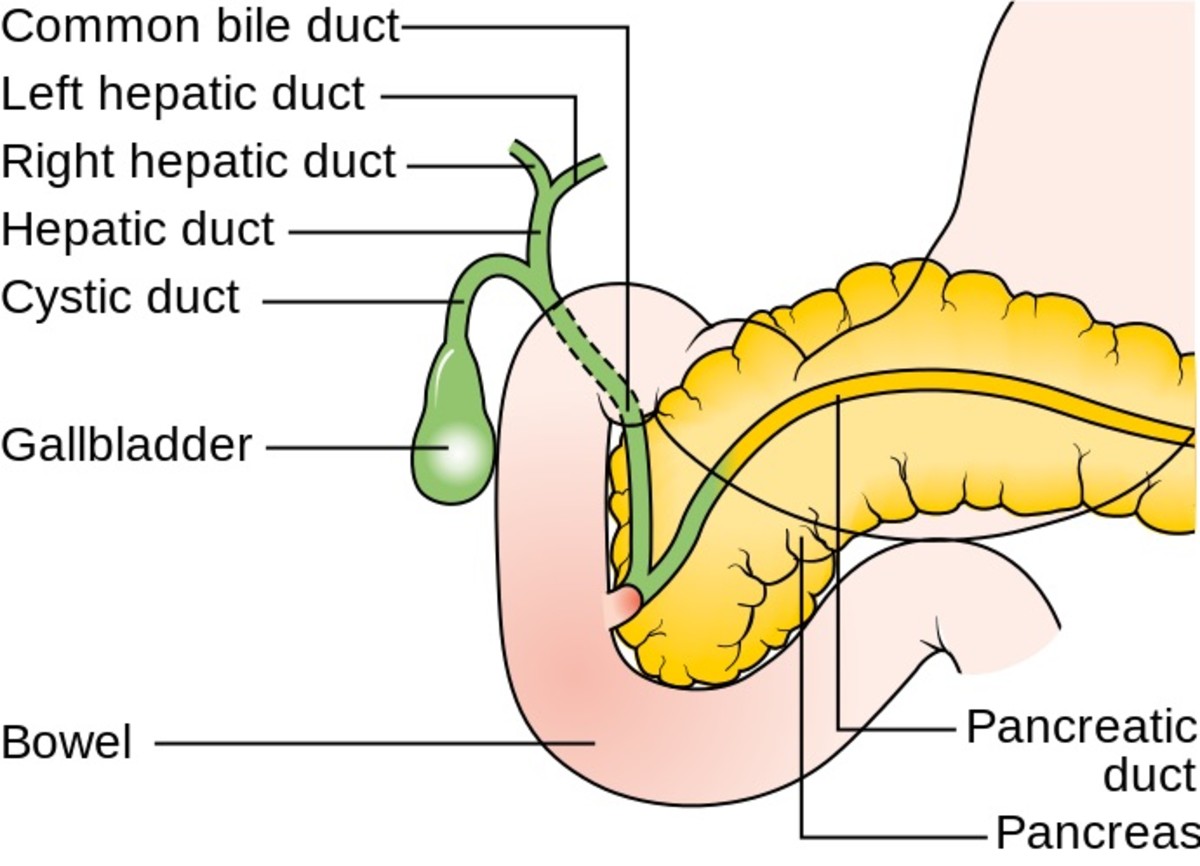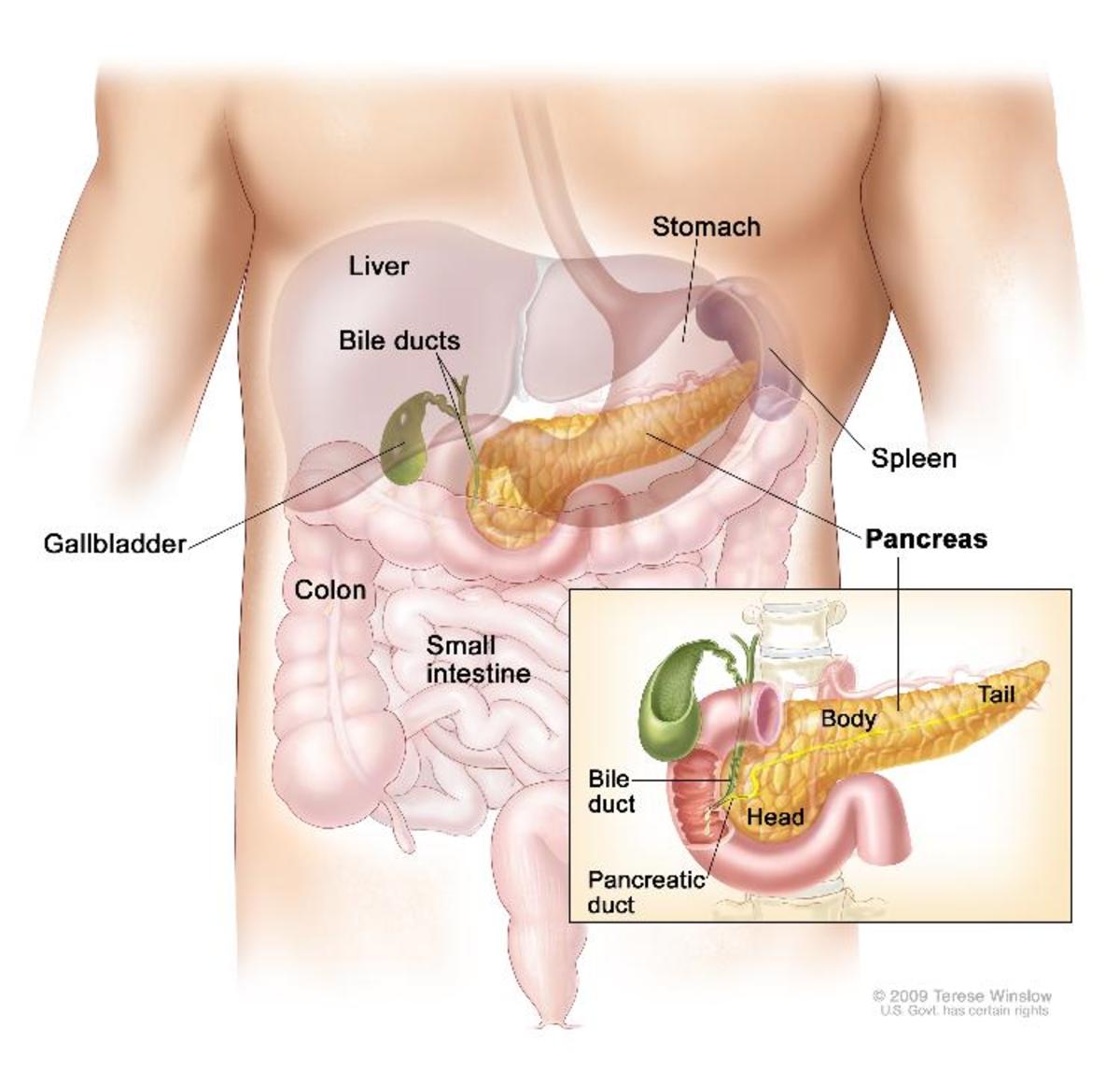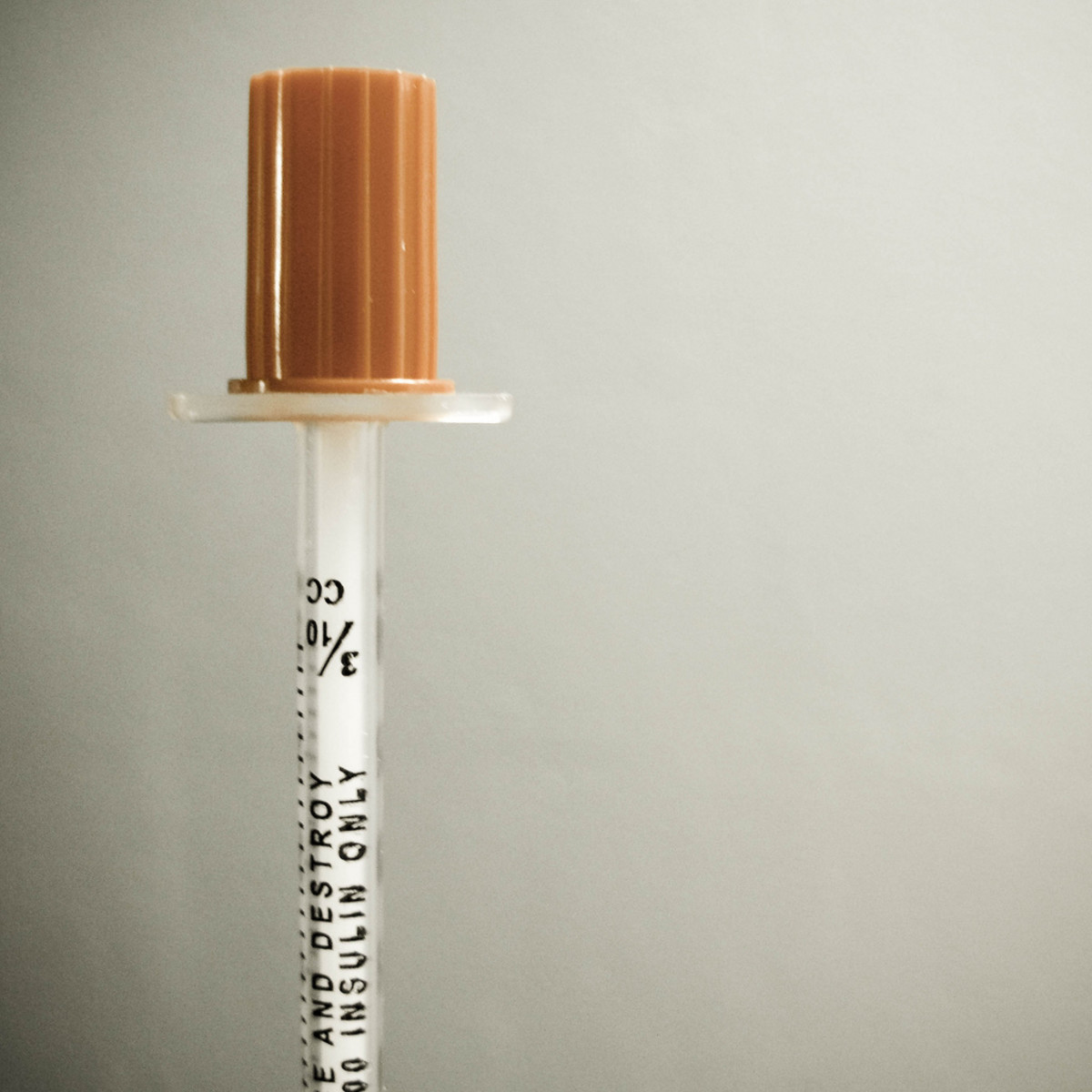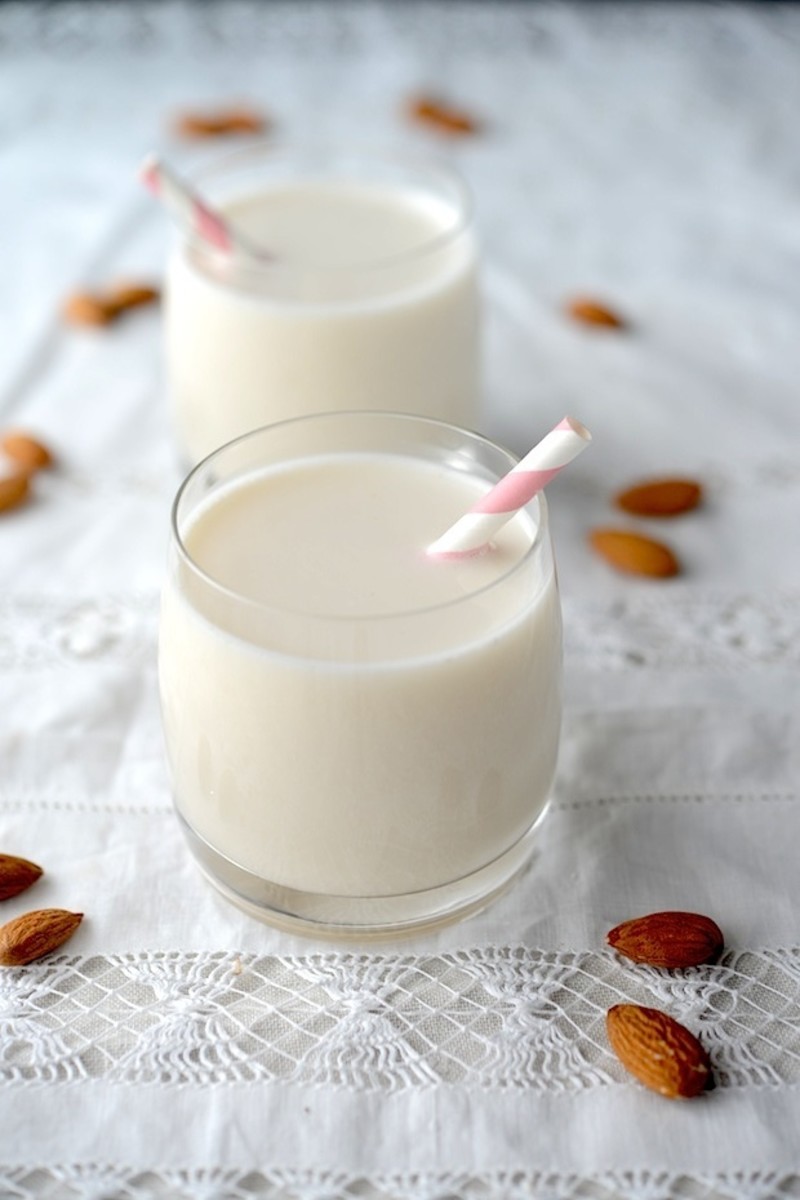What is Diabetes?
Are You Suffering From Diabetes?
If you or anyone in your family are suffering from diabetes and want to have a better understanding of what it is and what can you do, this article is for you.
No Reason To Be Sad.
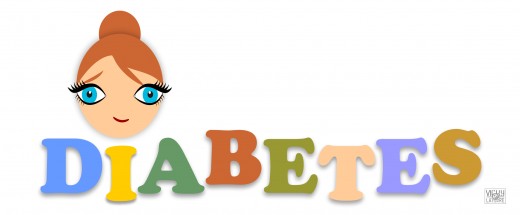
What is Diabetes?
Diabetes is a disease that occurs when your blood sugar is too high.
You main source of energy is blood glucose and you get it from the food you eat.
Insulin (a hormone made by the pancreas) helps glucose from food get into your cells to be used for energy.
When your body doesn’t make enough insulin or doesn’t use insulin well, the glucose stays in your blood and doesn’t reach your cells.
Having too much glucose in your blood can cause health problems over time.
The most common form of diabetes is type 2 diabetes.
Most Common Types of Diabetes
Type 1 diabetes = Your body doesn't produce insulin. Your immune system attacks and destroys the cells in your pancreas that make insulin. People with type 1 diabetes need to take insulin every day to stay alive.
Type 2 diabetes = Your body doesn't properly use the insulin that your pancreas produces. Even thought you don't need to take insulin every day, like in type 1 diabetes, your doctor can prescribe insulin for you to take for short period of time in different occasions. Usually in cases like this, your doctor with stop insulin prescription after you get in control of your diet.
Gestational diabetes = it develops in some women when they are pregnant. Most of the time, this type of diabetes goes away after the baby is born. If you’ve had gestational diabetes, you have a greater chance of developing type 2 diabetes later in your life.
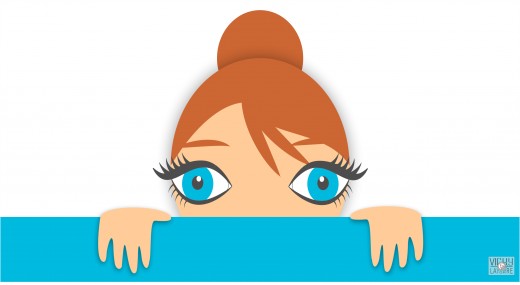
Important Facts:
- Your Pancreas makes Insulin.
- Your Liver makes Sugar.
- Your Body gets the Energy it needs from Glucose (sugar).
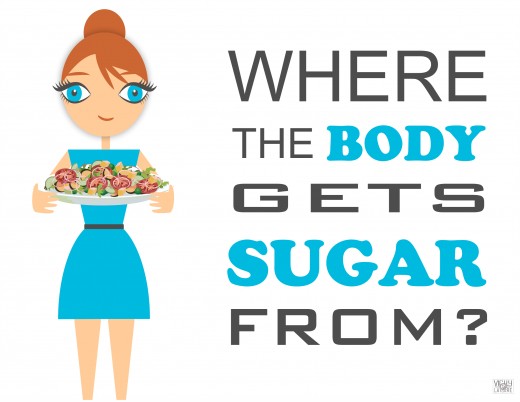
Where The Body Gets Sugar From?
1- The Food you eat.
2- Your Liver, which makes sugar when you haven't eaten (This is why is very important to don't skip your breakfast. Your sugar level begin to decrease one hour later after you wake up).
You don't have to eat a lot of food, but it is suggested to just don't past the first hour without anything in your stomach.
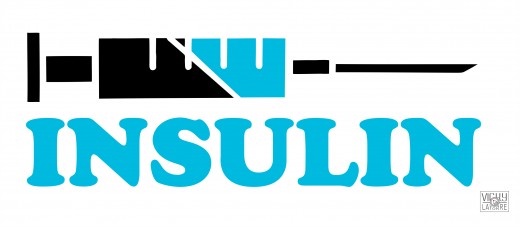
Insulin
Is an hormone made by the pancreas, carries the sugar from your blood into your cells where the sugar is use for energy. The right amount of insulin helps balance your blood sugar levels.
Reasons Why Sugar Builds Up In The Blood:
1- Your body doesn't make enough insulin, or it can't use this insulin properly.
2- Your liver makes more sugar than your body needs.
In diabetes, when your blood sugar gets too high, your body tries to bring it back into balance. It does this by sending important messages to the pancreas. In response, your pancreas makes more insulin. It also signals your liver to make less sugar. But in people with type 2 diabetes, when fewer messages reach the pancreas, it makes it harder for the body to balance blood sugar.
Too many of these important messages may be blocked in type 2 diabetes. They are blocked by a substance called DPP-4. With DPP-4 blocking these important messages the pancreas isn't able to bring the sugar into balance.
What Is a Balanced Blood Sugar Level?
Before Meal
| After Meal
| |
|---|---|---|
People Without Diabetes:
| Between 70 to 120mg/dl
| Between 70 to 120mg/dl
|
People With Diabetes:
| Up to 130mg/dl
| Less than 180mg/dl
|
Diabetes Can Cause Blindness
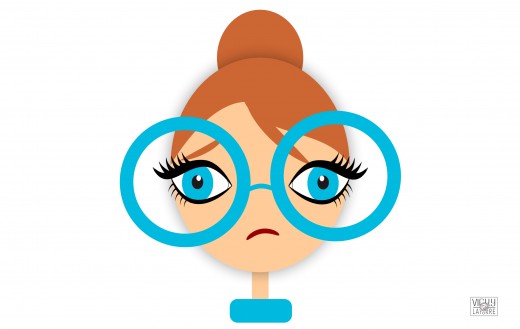
What happens if your blood sugar stays too high?
When too much sugar stay in your blood for a long time, it can damage blood vessels and nerves.
This damages can cause:
* Kidney disease = can lead to kidney failure and the need of dialysis.
* Blindness = because blood vessel damage in the eyes.
* Nerve damage = if is in the feet can lead to the need for amputation.
* Heart desease = can lead to death.
Important Note:
Heart disease is the number cause of death in people with diabetes.
The Good News
You can take control of your diabetes. Your doctor may tell you that you need to make some lifestyle changes. You might not like it but you'll get used to it.
It is not easy but it can be done. Believe me.
Giving Up Junk Food
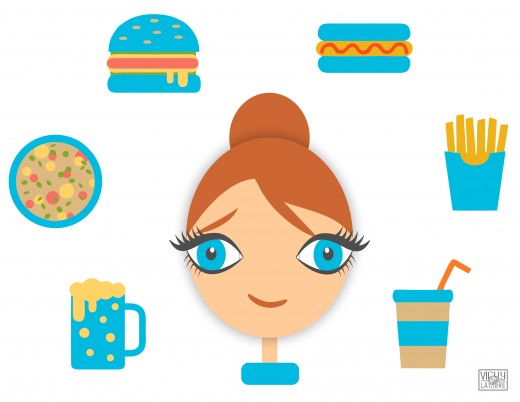
The hardest thing.
Your Doctor probably will give you a list of what to do when you are diagnosed with Diabetes. From that list, people usually find giving up junk food the hardest part.
We all loves to eat:
- Donuts
- Potatoes Chips
- Candy Bars
- Cookies
- Cake
But you can do it. You can give up eating junk food in a regular basics and only consume it in special occasions.
To Do List:
- Get rid of regular sugar and begin using sugar substitute. A while back we began using Sweet and Low then we tried Splenda and now we use Stevia.
-
Stopped buying junk food and instead began purchasing more healthy choices.
There are even different product made with sugar substitute. You can find them at the junk aisle at your local supermarket.
- Moderate portions. Instead of eating as much cookies as you want, read the nutritional label and go by the serving portion.
- East something sweet with your meal. We noticed some people eat one cookie after finishing their meal. It helps them to don't crave sweet between meals. It doesn't have to be a cookie. It could be half of a banana, 6 grapes, a piece of mango, etc.
- Drink mint tea 45 minutes after your meal. It has been found the mint help to stop the feeling of being hungry. It is not recommended to drink tea before, during or after meal because some of them can block the body from absorbing some nutrients like iron. Drink it 45 minutes before meals or 45 minutes after meals.
- Become more active. Find something you love to do and try to do it every day. Play a sport, do yoga, take a walk, ride a bike, etc.
Pick a Tea
What tea is best to help prevent diabetes?
Tea research has shown that green tea has a positive effect on your general health. It can also help reduce your blood pressure and lower harmful LDL cholesterol levels. Some research suggests that drinking up to six cups a day may lower your risk of type 2 diabetes.
Sugar Substitutes
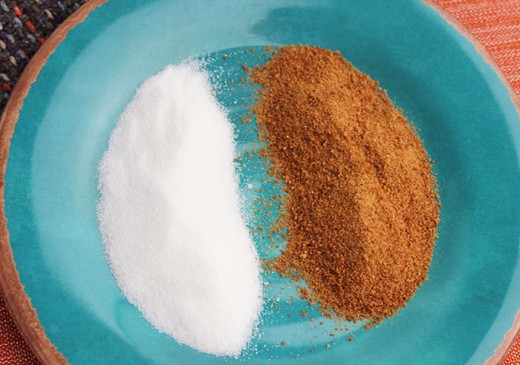
Some Sugar Substitutes Pros and Cons
If you are unclear witch sugar substitute to try first, this information can help.
Birch Sugar = Xylitol is a sugar alcohol. It is a natural constituent of some vegetables and fruits.
- Pros: It has about 40% fewer calories than refined sugar and does not cause your blood sugar level to rise as high after eating.
- Cons: It is not calorie free. Provides about 240 calories per 100 g. Eating large quantities of it (20-30 g) can lead to flatulence or severe diarrhea.
Stevia = Steviol Glycoside is a sugar substitute that is extracted from the South American plant species Stevia Rebaundiana. It has been an approved food additive in the EU since 2011.
- Pros: It has no calories and does not damage the teeth. It also has no effect on your blood sugar level, so Stevia can also be used by diabetics.
- Cons: The Stevia added to foods is a chemical extract and it doesn't contain any essential nutrients.
Agave Nectar = Agave Syrup. It is made from the juice of the agave plant from Mexico. It tastes like honey but has a thinner consistency.
- Pros: Contains metabolites, vitamins and minerals.
- Cons: It has about the same number of calories as honey and is thus not much lower in calories than sugar. it can elevate your blood fat level, lead to a fatty liver, contribute to insulin resistance, while also raising the risk of metabolic syndrome and type 2 diabetes.
Coconut Sugar = It is made from the nectar of the flower of the coconut palm. It tastes a lot like caramel.
- Pros: Coconut sugar is said to contain many vitamins and minerals, including magnesium, iron and zinc.
- Cons: It has a lower glycemic index than sugar, but this is due to its high fructose content like agave nectar. Despite having a lower glycemic index, it is a fairly pure form of sugar. Individuals with type 2 diabetes should use it sparingly.
Honey = (NO RECOMMENDED FOR DIABETICS) It is a natural product. You probably know how this one is made. It is made by bees with nectar collected from flowers. They break it in simple sugar and store it in honeycombs.
- Pros: It has anti-inflammatory, antibacterial and antiseptic properties. If you warm a cup of water, add honey and ginger, you have a great drink to fight colds.
- Cons: It is high in calories. For example 100 grams of honey has 310 calories. honey is about 80% as sweet as sugar. It has a similar impact on blood sugar levels as regular sugar.For diabetics there is no advantage to substitute honey for sugar. It also increases the risk of cavities and infant should not take it. It can have a bacteria that can grow in the baby's immature digestive system.
If after this, still now sure. I would say go with Coconut Sugar. It is the one we use in a regular basics.
It could get a bit pricy depending on the brand you choose. But it also could be found at your local supermarket store. If I purchase the store brand usually is half price of the brand I like to purchase online.
I usually purchase online my favorite brand where they offer me free shipping. It helps a lot.
One of The Coconut Sugar I like The Most

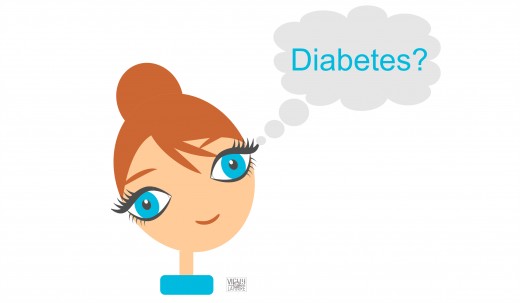
Could You Have Diabetes?
If you or anybody in your family has been diagnosed with Diabetes but you are looking for signs before going to the doctor, here are some symptoms you should watch for:
- Frequent urination
- Flu-like headaches and fatigue
- Weight loss or gain
- Slow-healing sores
- Frequently infections
- Blurry vision
- Tingling hands or feet
- Burning pain in arms, hands, legs or feet
- Increased hunger
- Irritability
Scenario of a Person With Undiagnosed Diabetes.
Sara goes to work 5 days a week in a warehouse. It is very hot. This makes her drink a lot of water but she is able to sleep fine during the night.
Suddenly, Sara begins to wake up 4 to 6 times a night to go to the bathroom and to drink water. This is happening even when she continues to keep her self hydrated during the day.
Because the constant drinking water and going to the bathroom to urinate, she has began to loose weight. She looses 10 pounds in a month and notice her vision gets blurry when trying to read a letter at work or when she is at the computer.
After a month of these happening, her arms and feet begin to hurt. A burning pain that came out of nowhere.
She realized that is time to go to the doctor to get a check up.
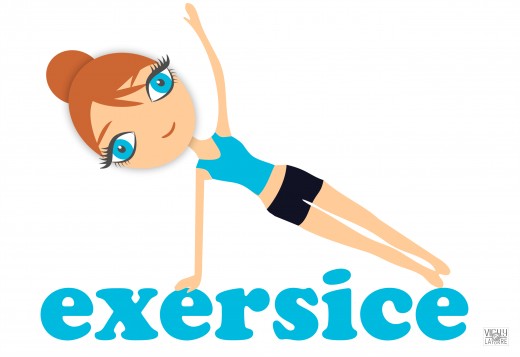
Important Facts Short List:
- Food : raises your blood sugar. There is a lot of sugar in Carbs. Like rice and potatoes.
- Exercise : uses sugar as energy, it lowers blood sugar.
- Medications : taken for other conditions may raise blood sugar. Talk to your doctor.
- Hormone Levels : women may notice changes in blood sugar during the third week of their menstrual cycles.
- Illness : your body produces hormones that raise your blood sugar levels when you're sick.
Do You Use Blood Sugar Meter?
In my family there are a few people with diabetes but the closes one is my husband. He has been trying to manage his diabetes since 2007. Most of my other family members have to use insulin in a regular basics but my husband only has been prescribed insulin one time in 12 years.
All my diabetic family members use Blood Sugar Meter. When we have the family together for festivities, this is one of the biggest subjects of conversation. The trade information of the meters they have used in the pass, the one they are using at the moment and the ones they have heard of that they haven't try yet.
My husband said they are all practically the same but I think they a bit different. He usually likes the smallest and my grandma likes the biggest because usually has big numbers on the screen, easy for her to see and also easy for her to grab. I don't remember the brand she has but it looks like one of those old beepers everyone used to have before the cell phones got popular.
If you use Blood Sugar Meter and want to try a new one, I recommend the One Touch Brand. This is the one my husband uses . He has had it for a few years now.
He also likes this one because his health insurance covers more than half the price of the Blood Test Strips.
In Conclusion, What to Eat?
Diabetes is a disease that occurs when your blood sugar is too high. You can manage your diabetes by controlling what you eat.
Beging here:
- Eat a lot of fruits and vegetables.
- Eat whole grains.
- Eat fish 2 to 3 times a week.
- Eat lean meats, and take the skin off chicken and turkey.
- Drink water instead of diet sodas or sweetened drinks.
- Cook with liquids oils to avoid saturated and trans fat.
- Stop or limit your intake of fat and sweets, such as chips, cookies, cakes and ice cream. And use sugar substitutes.
Remember:
Exercise takes sugar out of your blood and use it for energy.

